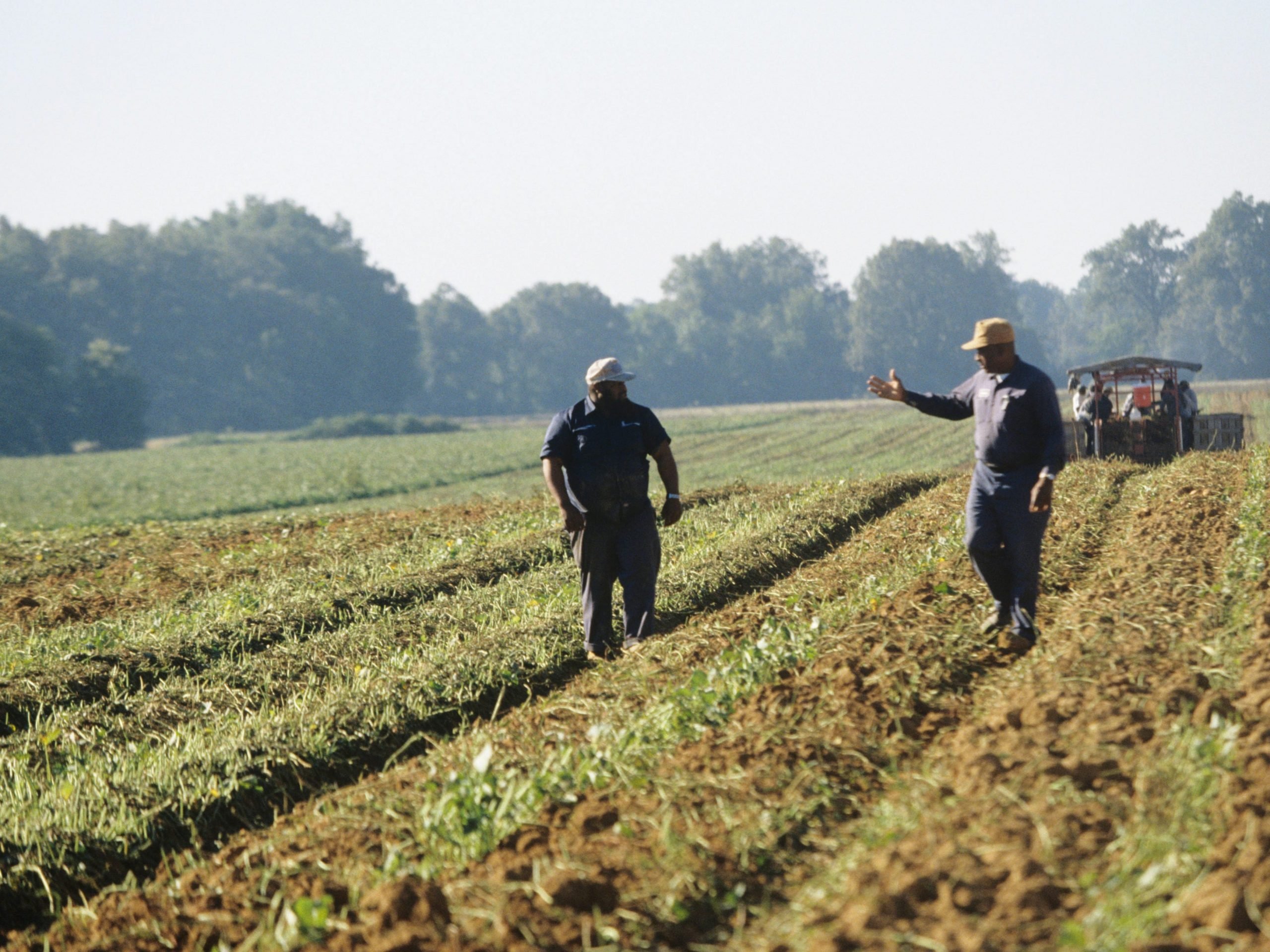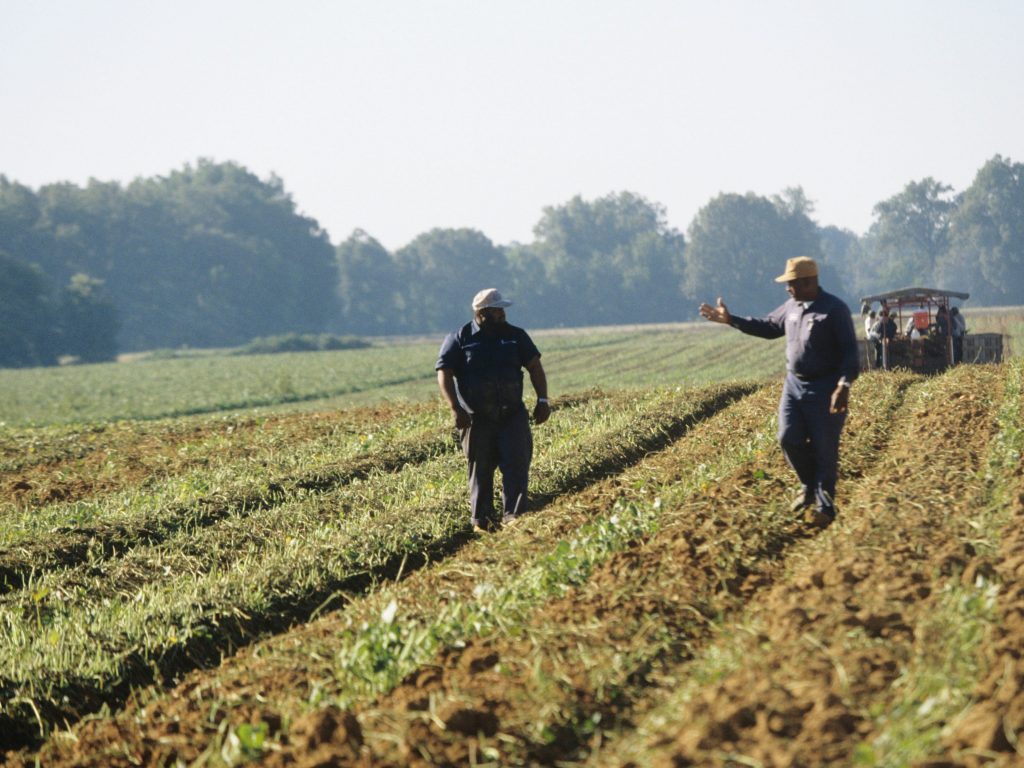
Stock Photo/Getty Images
- Black Mississippi farm workers filed a suit alleging discrimination in hiring and pay.
- The suit said the farming company employed white South African workers under the H-2A visa.
- The US workers allege they were being paid $7.25-$9 an hour while foreign workers were paid $11.83.
Black Mississippi farmers have filed a lawsuit against Pitts Farms Partnership alleging the company is passing over native-born residents for white South Africans and paying them more.
"I never did imagine that it would come to the point where they would be hiring foreigners, instead of people like me," Richard Strong, one of the six men listed as a plaintiff in the suit, told The New York Times.
The suit, filed in September, says the men are seeking lost wages, punitive damages, and injunctive relief to ensure that Pitts Farms Partnership complies in the future with federal law that protects US workers as a hiring priority for jobs and their wages. Pitts Farms Partnership didn't immediately respond to Insider's request for comment on Friday.
In the suit, it also mentions that South Africa is a predominately Black country with less than 8% of its population white, but none Pitts' foreign hires are Black. Sunflower County, where Pitts Farm Partnership farms several thousand acres, is 74% Black, according to US Census data.
Black farmers only make up 1.3% of all farmers in the US, and many have a tough time locking down loans to buy land.
The seasonal workers in Mississippi allege in the suit that Black workers with over two decades of experience were being paid between $7.25-$9 an hour while foreign workers were paid $11.83 an hour in 2020.
Ty Pinkins is an attorney from the Mississippi Center for Justice and Southern Migrant Legal Services representing the farm workers in the suit. He told Insider the workers went to the growers over the last few years to alert them to the disparities in pay but weren't heard.
The foreign-born, primarily South African farmers are coming to the US under the H-2A visa, a temporary agricultural worker visa.
To qualify, growers have to provide proof that they tried to find Americans to perform the work and failed. Domestic workers must be paid at the same rate as the imported workforce.
But the Black farmers who are suing say that's not what has happened.
"We want to shine a light on some of the disparities that's taking place, not only in the agricultural industry with regard to the farm workers, but in other industries, as well," Pickens told Insider.
"We want people to understand that sometimes they're not implemented fairly, and sometimes business owners find loopholes and take advantage of some of these policies."

